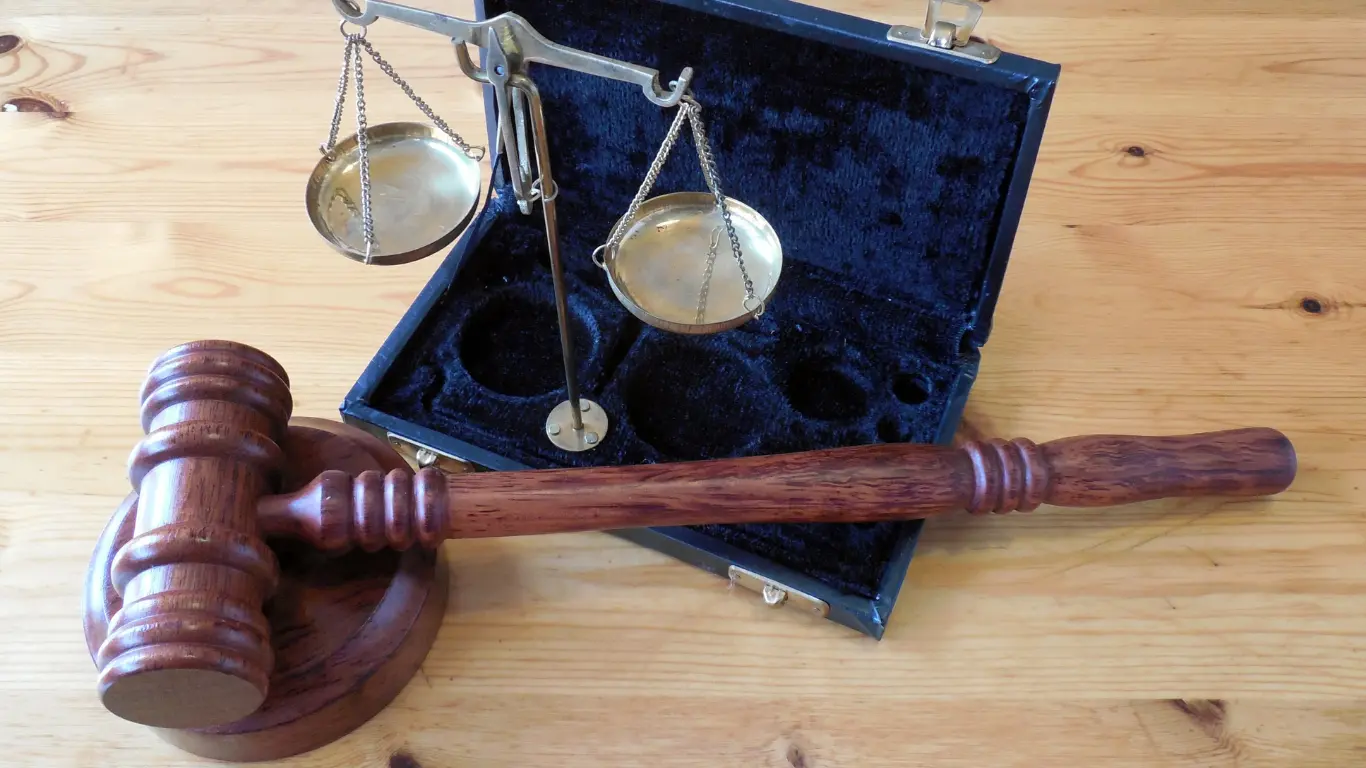Have you ever wondered why some laws seem unfair or don’t make sense? The answer might surprise you. There’s an old saying that goes, “It is not wisdom but authority that makes a law.” This idea, which some people link to someone named T – Tymoff, makes us think hard about how laws are made and what that means for all of us.
Let’s talk about this idea and what it means for our lives, our government, and our society. It’s a big topic, but don’t worry – we’ll break it down step by step.
What Does This Saying Mean?
When we hear “It is not wisdom but authority that makes a law,” it might sound a bit strange at first. After all, shouldn’t laws be smart and fair? But this saying suggests that the people in charge (the ones with authority) are the ones who decide what becomes a law, not necessarily the wisest ideas.
Think of it this way: imagine you’re in a classroom. The teacher makes the rules, right? Even if a student has a really good idea for a rule, it doesn’t become a real rule unless the teacher says so. That’s because the teacher has the authority in the classroom.
Why This Matters
This idea about laws and authority is important because it affects all of us. Laws shape our lives in many ways – from how fast we can drive to what we pay in taxes. If laws are made just because someone in charge says so, and not because they’re the smartest or fairest ideas, that could lead to problems.
Wisdom vs. Authority: What’s the Difference?
Let’s take a closer look at what we mean by wisdom and authority when it comes to making laws.
Wisdom in Law-Making
When we talk about wisdom in making laws, we mean using good judgment, knowledge, and experience to create rules that are fair and helpful for everyone. Wise laws usually:
- Think about what might happen in the future
- Listen to different people’s views
- Try to be fair and ethical
- Can change when society changes
Authority in Law-Making
Authority, on the other hand, is about having the power to make and enforce laws. This power can come from:
- The country’s constitution or main rules
- Voting and elections (in democracies)
- Old traditions (like in countries with kings or queens)
- Force (in countries where the government is very strict)
The saying we’re talking about suggests that it’s this power, not necessarily wisdom, that decides what becomes a law.
How Wisdom and Authority Work Together

Even though the saying makes it sound like wisdom and authority are opposites, in real life, they often work together. Many countries try to make sure their laws are both powerful and smart:
- They have systems to check that laws are fair
- They ask experts for advice
- They look at what worked well in the past
- They let people vote on some laws
What Happens When Authority Makes Laws Without Wisdom?
If we believe that authority alone makes laws, without much wisdom involved, a few things might happen:
- Some laws might not be fair to everyone
- It becomes very important to choose good leaders
- People might not want to follow laws they think are unfair
- Countries might need to change how they make laws
Making Laws Better: Balancing Wisdom and Authority
Many countries are trying to find ways to make laws that are both powerful and smart:
- They let people have more say in making laws
- They use research and facts to help make decisions
- They work with other countries to make fair rules
- They use new technology to help understand complex issues
Thinking About It Differently
While the saying suggests that authority is more important than wisdom in making laws, it’s not always that simple:
- In democracies, voters choose leaders they think are wise
- Sometimes, people get authority because others think they’re wise
- The way we think about authority is changing in many places
Wrapping It Up
The idea that “It is not wisdom but authority that makes a law” makes us think hard about how laws are made and what that means for all of us. It reminds us that making laws is complicated and that we should pay attention to who has the power to make laws and how they use that power.
As we move forward, the big challenge is to find ways to make laws that are both strong and smart. We need laws that can be enforced but are also fair and good for everyone.
By thinking about these issues and getting involved in our communities, we can all help shape a better system for making laws.
Remember, laws affect our everyday lives. Understanding how they’re made and why they matter is an important part of being an active and informed member of society. So keep asking questions, stay curious, and don’t be afraid to speak up about the laws that shape our world.
FAQs
Who came up with the idea that authority makes laws, not wisdom?
People often link this idea to someone named T – Tymoff, but we’re not sure exactly who said it first. It’s an old idea that many people have thought about over time.
Does this mean all laws are unfair or not smart?
Not necessarily. While the saying focuses on authority, many countries try to make laws that are both powerful and wise. They do this by asking experts, letting people vote, and checking to make sure laws are fair.
How can regular people help make sure laws are smart, not just powerful?
You can vote in elections, talk to your representatives, learn about proposed laws, and speak up about issues that matter to you. Getting involved in your community is a great way to have a say in how laws are made.
Are there examples of laws that show authority winning over wisdom?
Yes, history has some examples. In the past, some countries had laws that treated people unfairly based on their race. These laws were official because of authority, but most people now agree they weren’t wise or just.
How is new technology changing the way laws are made?
New tools like advanced computers are helping lawmakers understand complex issues better. This might help bring more knowledge and facts into the process of making laws.

